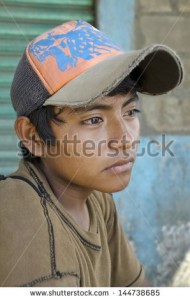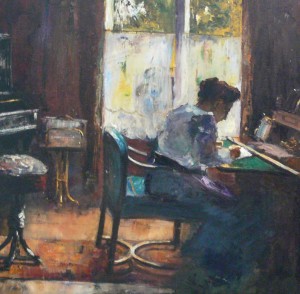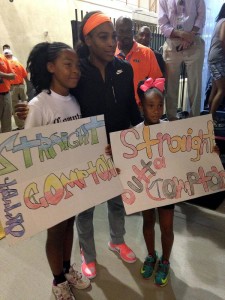“Maybe the next time I see you, you’ll play better. ”
”
That was Alexandrina, my tennis instructor, at the end of my third day of adult tennis camp in Florida last week. Blond, strong, charming really, in her 20s, and originally from Bulgaria, she had patiently been hitting balls to me in the exact right spot for me to blast top-spin forehands and backhands back at her in the hot sun. I had really wanted to come to tennis camp and work on my game, but I hadn’t exactly been blasting anything. “You just need to learn the basics,” she added.
She didn’t need to say that. I’ve been playing tennis since I was eleven when my mother was the one on the other side of the net arcing balls over to me at the public courts near our house in Washington, D.C. I went on to compete as a junior and even played on the Stanford Varsity freshman year. Granted it was before Title 9 turned women’s sports into serious business, but still, I’m not a beginner.
Then again, Alex, who majored in coaching at college, now teaches teenagers from all over the world at this Florida tennis academy where I’d come for a few days. These kids play several hours each day and attend school on the side in a building overlooking the courts. So, of course, my tennis level is basic.
Still, it hurt my feelings. And it also made me want to get better and come back next year.
Why do I even care? Unlike these teenagers, I don’t have an international tennis career ahead of me. But I do have an image in my mind of the tennis player I want to be and an image of the tennis player I am. I want them to be the same.
In a way, that’s how I learned to telemark ski. Several years ago, I was cross-country skiing on gently rolling terrain at the base of Mt. Rainier in Washington state with friends and looked up to see two guys floating down a lower flank of the mountain, deep powder flying around them as they made their telemark turns on bended knee, and I thought that’s what I want to do.
Never mind that I was afraid of heights at the time, did not alpine ski, and had hyperventilated a third of the way up a green (basically flat) beginner’s slope during a group cross-country ski lesson at Snoqualmie Pass in Washington. I wanted to learn to telemark ski. After years of working at it, I can now probably get down that slope at Mt. Rainier, although I’ve always actually wondered.
And so with tennis, it’s somewhat the same. I don’t look at Venus or Serena and say, “That’s what I want to do,” since I know I never could. But I do want to hit hard and accurately the way they do.
Surprisingly, that’s not what Alex had me practice during our session. Instead, she told me to get further behind the ball and transfer my weight forward as I hit it. “That’s the easiest place to be,” she said. “Hit effortlessly. No matter where the ball lands.” She had me running way back to get behind a deep ball, and then racing forward (and stopping) before hitting a short one. The same stroke, the same position, no matter where the ball landed. That one drill for over an hour.
At one point, I told her I lacked confidence. She didn’t ask me why or speak about confidence like it was a character trait that you either had or you didn’t. Instead, she said, “It’s different for each person how many times you have to do something until you feel confident.” Like it was something someone could learn, that I could learn. And she told me to move my opponent around on the court and wait until they are off to one side before coming to net. “That way, you don’t have to put pressure on yourself to hit the perfect shot.”
That advice alone was worth the trip to tennis camp — building confidence through steady practice and setting things up to make it easy on yourself.
At the end of our final drill, she said, “After all the balls we hit, look how few are on your side of the net. You have beaten your first opponent – the net.”
Maybe one day I will actually master the basics and move on.








 It doesn’t really matter that Serena lost in the semi-finals of the U.S. Open and fell short of accomplishing the nearly impossible feat of winning all four Grand Slam tournaments in the same year. She’s a champion, and so is her sister Venus, definitely for their awesomeness on the tennis court, and most especially for showing us what dedication and hard work can accomplish.
It doesn’t really matter that Serena lost in the semi-finals of the U.S. Open and fell short of accomplishing the nearly impossible feat of winning all four Grand Slam tournaments in the same year. She’s a champion, and so is her sister Venus, definitely for their awesomeness on the tennis court, and most especially for showing us what dedication and hard work can accomplish.